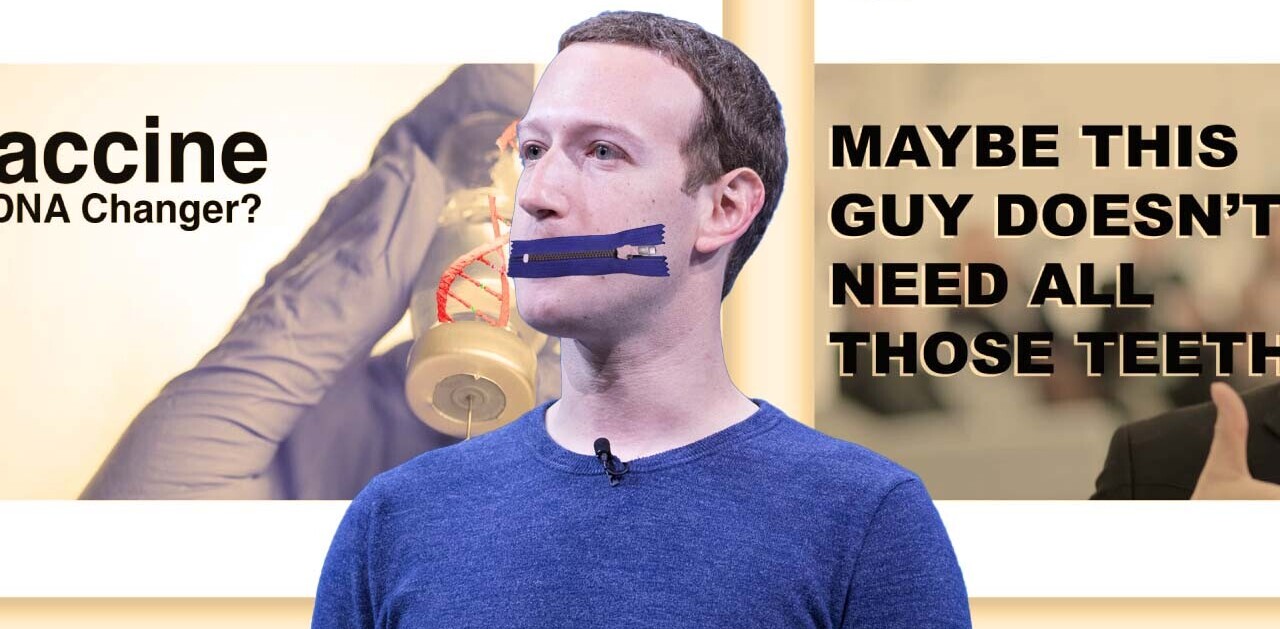
Public health officials and communities are bracing for the impact of the Zika virus, a mosquito-transmitted disease that can cause pregnant women to give birth to babies with microcephaly. In Brazil, the World Health Organization has declared a global emergency with 4,000 cases of microcephaly documented since just October of this past year. Other countries in Latin America, like El Salvador, are headed for similar designations.
Today, Facebook CEO Mark Zuckerberg announced a public awareness campaign for Zika virus, specifically targeted at women in Brazil and Latin America. The first video, released today in Portuguese with English subtitles, lists the steps pregnant women should take in order to avoid mosquitos. Developed in partnership with Ambrasco Divulga — Brazil’s public health wing — Zuckerberg said that Facebook is committed to help raise awareness in the country and across the continent.
As a community, we can help fight the Zika virus by raising awareness. Facebook has partnered with the non-profit Abrasco Divulga in Brazil as part of an effort we’ll also roll out across Latin America.The Zika virus has spread to more than 20 countries and is one of the biggest public health challenges right now. For pregnant women who get the virus, it has been linked to brain damage for their babies.The virus is carried by mosquitoes. There are no medicines to treat or prevent the virus yet, so right now the most important thing is to try to avoid mosquito bites. Here is a video from our campaign that we hope provides valuable information to expectant mothers. You can find more advice here: http://www.who.int/csr/disease/zika/
Posted by Mark Zuckerberg on Tuesday, February 2, 2016
“The Zika virus has spread to more than 20 countries and is one of the biggest public health challenges right now,” he said in a post on Facebook.
Facebook has been the top social network in Brazil — numbers from Statista suggest that the site and its messenger platform saw 63 million users in July of last year alone. As such, it’s not a stretch to consider the company’s desire to get involved in spreading knowledge about a damaging virus — particularly one targeting babies.
Since it was shared earlier today, the video has seen more than 500,000 views.
Get the TNW newsletter
Get the most important tech news in your inbox each week.




